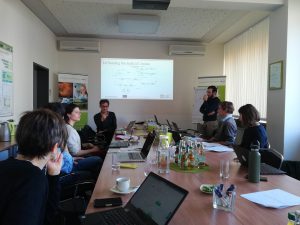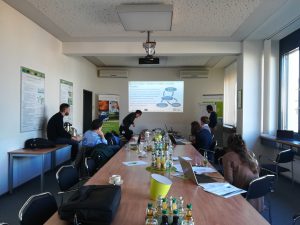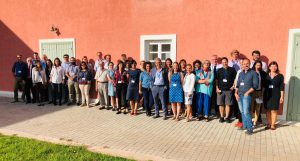Environmental external cost of poplar wood chips sustainable production
Ewelina Olba-Zięty, Mariusz J. Stolarski, Michał Krzyżaniak, Janusz Gołaszewski
Abstract
In sustainable production, information about product costs should be complete. Not only economic but also environmental aspects need to be taken into consideration. The aim of this study was to estimate environmental external costs of poplar short rotation woody crops (SRWC) cultivation according to different soil enrichment procedures for wood chips production. The base scenario was to grow unfertilized crops. Three other scenarios were analyzed: mineral fertilization, lignin application, and combined lignin and mineral fertilization. The assessment of the environmental costs was based on emissions originating from production of poplar wood chips. The costs were calculated based on the emissions and their monetary value. The environmental external cost of the production of poplar chips was €137.24 ha−1 year−1 on average, and corresponded to 27.5% of the internal cost. The external cost of poplar chips production relative to a mass unit was €15.67 Mg−1d.m. on average, corresponding to 20% of the total production cost. Our analysis shows that field emission and harvest generate most of the external cost. The highest cost was associated with particulate matter formation and terrestrial acidification.
Click here to read the full article.





